
Revolutionary Incitement and the Limits of Free Speech
A Symposium Commemorating the Centenary of
Gitlow v. New York

On November 2, 2024, the Sandra Day O’Connor College of Law at Arizona State University and the Center of Constitutional Design held a one-day symposium to examine influential aspects of the Supreme Court’s 1925 decision in Gitlow v. New York, which produced a landmark dissenting opinion by Justice Oliver Wendell Holmes.
ASU’s law school is located in downtown Phoenix and is housed in the new and highly-modern Beus Center for Law and Society, located at 111 East Taylor Street, Phoenix AZ, 85004.
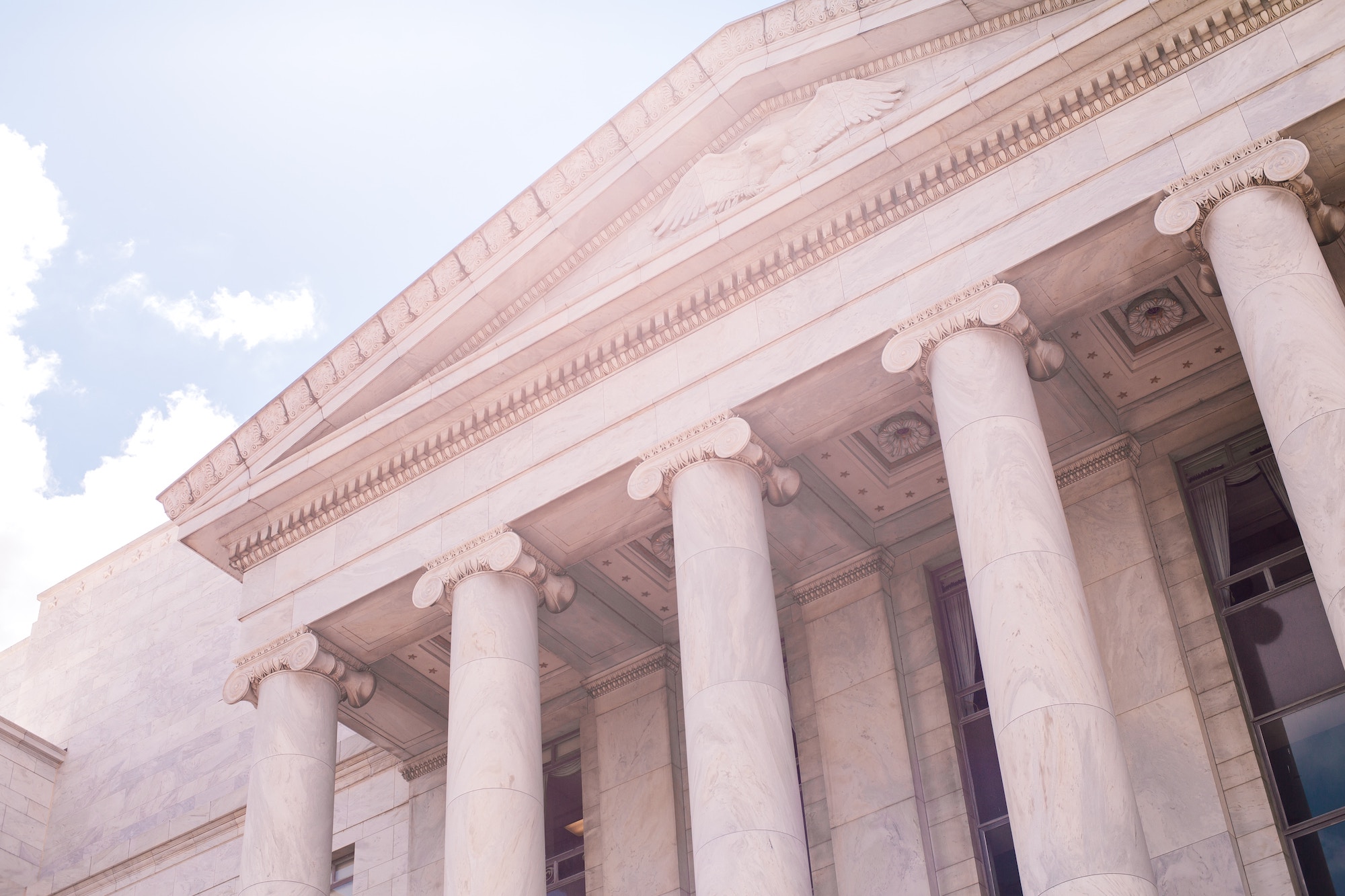
Symposium Resources
Historical materials on the Gitlow Case
Presentation summaries:
Panel l: Free Speech and Deference to Legislative Judgements
Panelists: Franciska Coleman, Paul Horwitz, Helen Norton
Panel ll: Free Speech as a Suicide Pact
Panelists: Thomas Healy, Genevieve Lakier, Laura Weinrib
Panel lll: The First Amendment and Incorporation
Panelists: Amanda Shanor, James Stern, Ilan Wurman
Panel lV: Free Speech, Incitement, and Ideas
Panelists: Joseph Blocher, John Inazu, Ronald Krotoszynski
Keynote Speaker
ROBERT POST
Robert Post is the Sterling Professor of Law at Yale Law School. He served as the School’s 16th dean from 2009 until 2017. Before coming to Yale, he taught at the University of California at Berkeley School of Law. Post specializes in constitutional law, with a particular emphasis on the First Amendment. Post has written and edited numerous books, including The Taft Court: Making Law for a Divided Nation, 1921-1930 (1924), which is Volume 10 of the Oliver Wendell Holmes Devise History of the Supreme Court of the United States; Citizens Divided: A Constitutional Theory of Campaign Finance Reform (2014), which was originally delivered as the Tanner Lectures at Harvard in 2013; Democracy, Expertise, Academic Freedom: A First Amendment Jurisprudence for the Modern State (2012), which was originally delivered as the Rosenthal Lectures at Northwestern University; For the Common Good: Principles of American Academic Freedom (with Matthew M. Finkin, 2009), which has become a standard reference for the meaning of academic freedom in the United States; and Prejudicial Appearances: The Logic of American Antidiscrimination Law (2001), which was originally delivered as the Brennan Lectures at Berkeley.
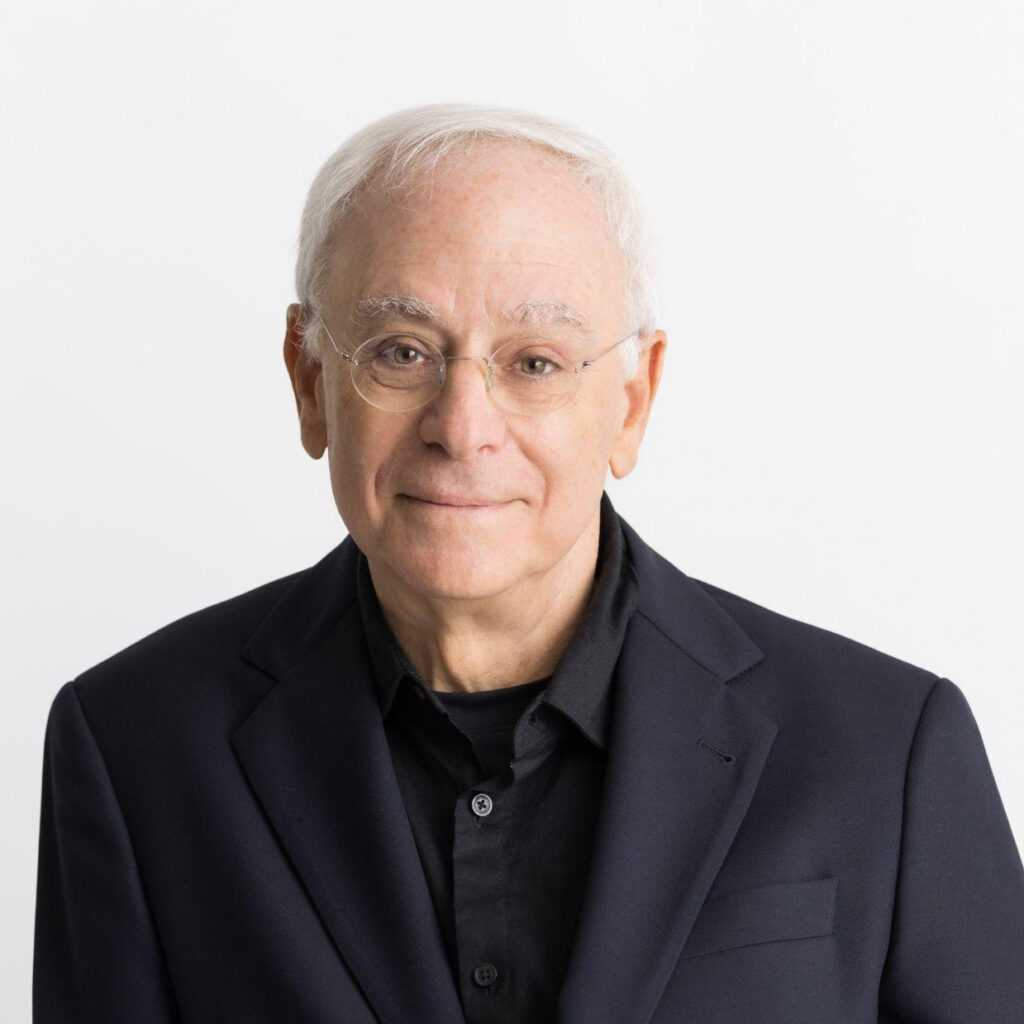
Speakers
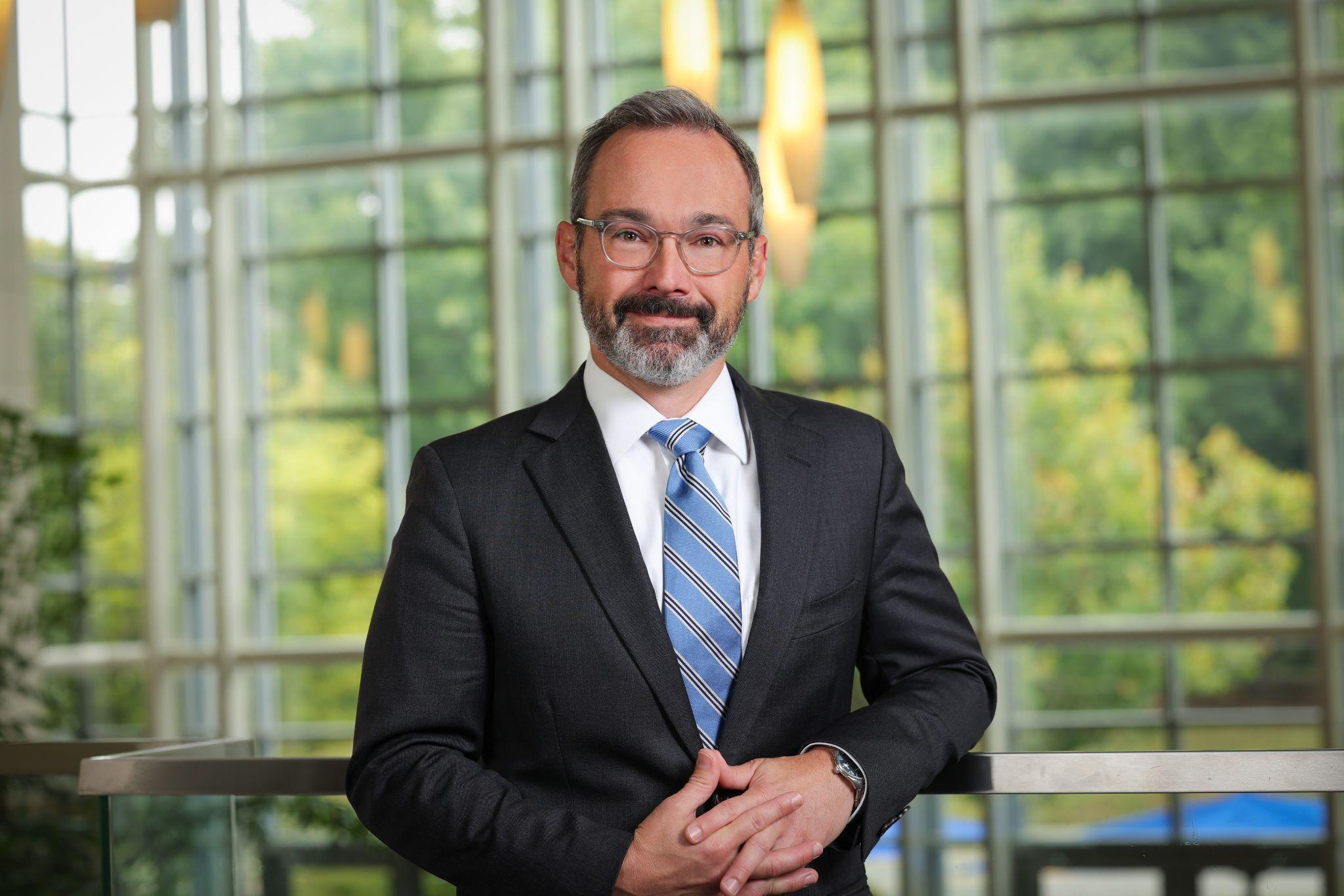
JOSEPH BLOCHER
Joseph Blocher is the Lanty L. Smith ’67 Distinguished Professor of Law and Senior Associate Dean of Faculty at Duke Law School, where he also directs the Center for Firearms Law. His primary academic interests include the First and Second Amendments and the relationship between law and violence, and he has published articles on those and other constitutional topics in the Harvard Law Review, Yale Law Journal, Stanford Law Review, and other academic journals.
His recent scholarship on free speech has focused on the institutions and social practices that support knowledge production, Free Speech and Justified True Belief, 133 Harv. L. Rev. 439 (2019), and how those institutions both shape and are shaped by violence. “Murder the Media”: Press Freedom, Violence, and the Public Sphere, Knight First Amendment Institute, March 7, 2024. His analysis of Justice Holmes’ opinion in Gitlow for this symposium builds on prior work about the Abrams dissent. “The Road I Can’t Help Travelling”: Holmes on Truth and Persuasion, 51 Seton Hall L. Rev. 105 (2020); Institutions in the Marketplace of Ideas, 57 Duke L.J. 821 (2008).
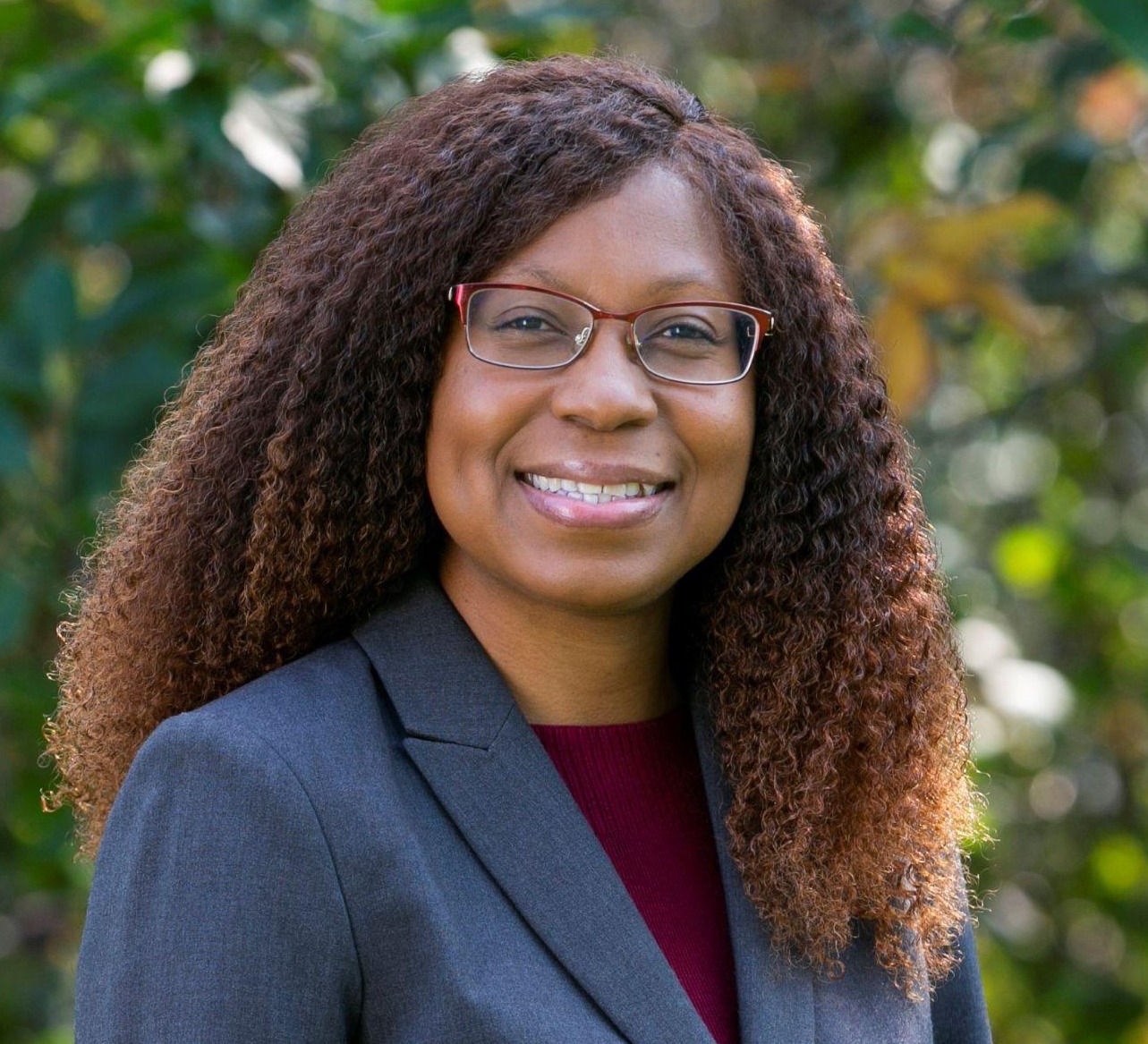
FRANCISKA COLEMAN
Franciska Coleman is an Assistant Professor of Constitutional Law at the University of Wisconsin Law School, the Associate Director of the East Asian Legal Studies Center, and the Chair-Elect of the AALS Section on Constitutional Law. She is an interdisciplinary scholar whose work draws upon political theory, critical discourse analysis, and First Amendment Law.
Professor Coleman is deeply interested in defining multiracial, multiclass democracy and in exploring the changes to our constitutional framework that would be needed to facilitate the U.S.’s transition from a somewhat dysfunctional liberal democracy into a well-functioning multiracial, multiclass democracy. Her current research projects focus on 1) how the race-class marginalized use informal power, such as social speech regulation, to shape the narratives that underlie the political agenda, 2) how the narratives of the race-class marginalize themselves are impacted by social speech regulation and 3) the extent to which the race-class marginalized are willing and able to use formal political power to directly influence the choice among the options that make it to the political agenda.
Professor Coleman’s scholarship has appeared in the Journal of Free Speech Law, the First Amendment Law Review, the Boston University Law Review, and the American University Law Review Forum among others. In addition, as a public educator, Professor Coleman regularly presents her work on social speech regulation (aka “cancel culture”) to state bar associations, high school students, community groups, and on local news stations.

THOMAS HEALY
Thomas Healy is the Board of Visitors Distinguished Professor at Seton Hall Law School. He is the author of “The Great Dissent: How Oliver Wendell Holmes Changed His Mind – and Changed the History of Free Speech in America,” which won the Robert F. Kennedy Book Award, was selected as a New York Times Book Review Editor’s Choice, and was named one of the fifteen best non-fiction books of 2013 by the Christian Science Monitor.
His latest book, “Soul City: Race, Equality, and the Lost Dream of an American Utopia,” explores the 1970s attempt to build a city dedicated to racial equality in rural North Carolina. It won the Hooks National Book Award, was selected as a New York Times Book Review Editor’s Choice, and was named one of the best books of 2021 by Library Journal.
Healy has received a Guggenheim Fellowship and a Public Scholar Grant from the National Endowment for the Humanities. He has also been a Sheila Biddle Ford Foundation Fellow at the Hutchins Center for African and African American Research at Harvard University and a visiting professor at Columbia Law School.
His scholarship has appeared in the Michigan Law Review, the Notre Dame Law Review, the North Carolina Law Review, the Iowa Law Review, and other journals. He has written essays and book reviews for The Atlantic, The New York Times, The Nation, and The L.A. Review of Books, and his work has been featured in The New Yorker and on NPR’s Code Switch and Radiolab.
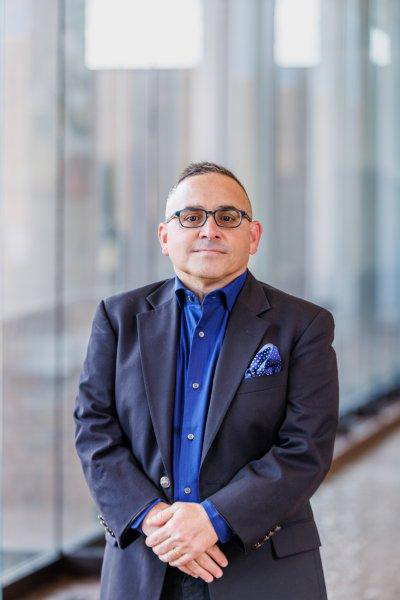
PAUL HORWITZ
Paul Horwitz teaches courses that include law and religion, constitutional law, law and public policy, legal ethics, and legislation and regulation. A leading figure in First Amendment scholarship, he is the author of dozens of articles, including many in leading law reviews, and of two books, The Agnostic Age: Law, Religion, and the Constitution (Oxford University Press) and First Amendment Institutions (Harvard University Press).
He has also written for many general-readership publications, such as The New York Times, and is a member of the popular legal blog Prawfsblawg. He has been a visiting professor at Harvard Law School, the University of Iowa, Notre Dame, and the University of San Diego, and was an associate professor at Southwestern Law School in Los Angeles. He is a former law clerk to the Hon. Ed Carnes of the United States Court of Appeals for the Eleventh Circuit. Professor Horwitz received his LL.B. from the University of Toronto, where he was co-editor-in-chief of the University of Toronto Faculty Law Review, and his LL.M. from Columbia Law School.
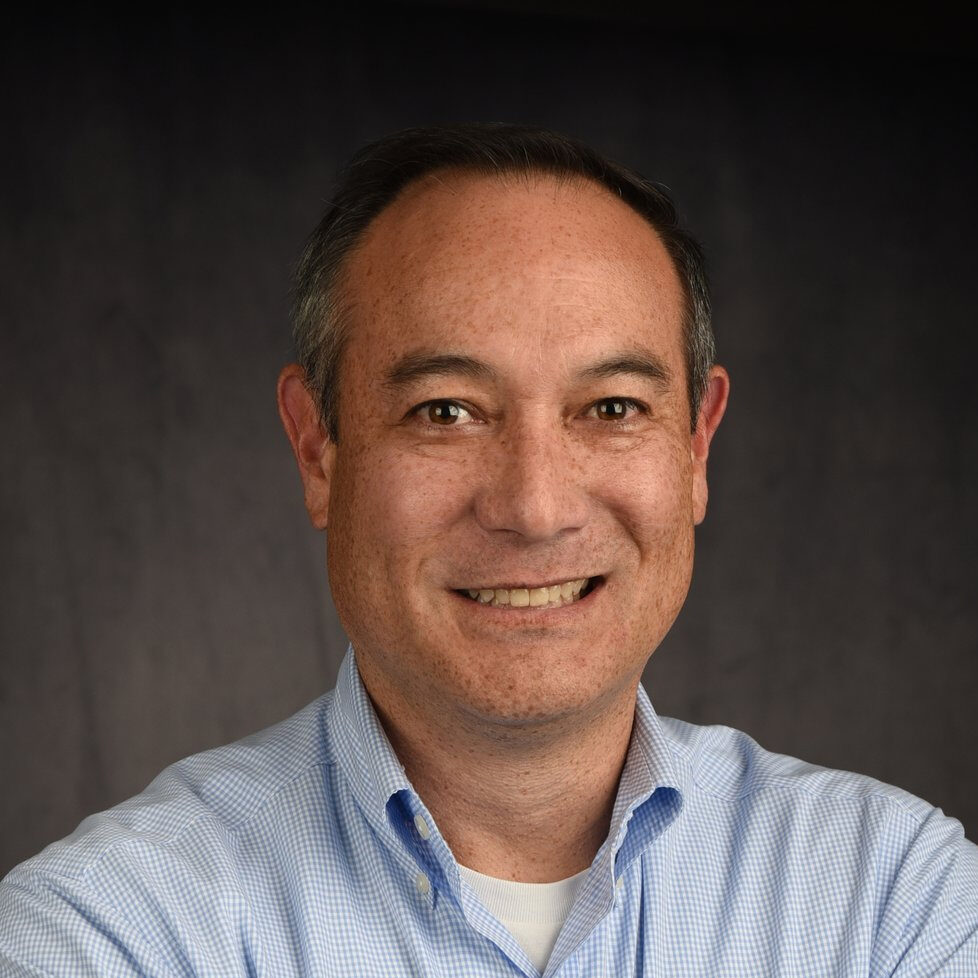
JOHN INAZU
John Inazu is the Sally D. Danforth Distinguished Professor of Law and Religion at Washington University in St. Louis. His latest book is Learning to Disagree: The Surprising Path to Navigating Differences with Empathy and Respect (Zondervan, 2024).
He is also the author of Liberty’s Refuge: The Forgotten Freedom of Assembly (Yale University Press, 2012) and Confident Pluralism: Surviving and Thriving Through Deep Difference (University of Chicago Press, 2016) and co-editor (with Tim Keller) of Uncommon Ground: Living Faithfully in a World of Difference (Thomas Nelson, 2020). Inazu is the founder of The Carver Project and the Legal Vocation Fellowship and a Senior Fellow at Interfaith America and The Trinity Forum. He holds a B.S.E. and J.D. from Duke University and a Ph.D. in political science from the University of North Carolina at Chapel Hill.
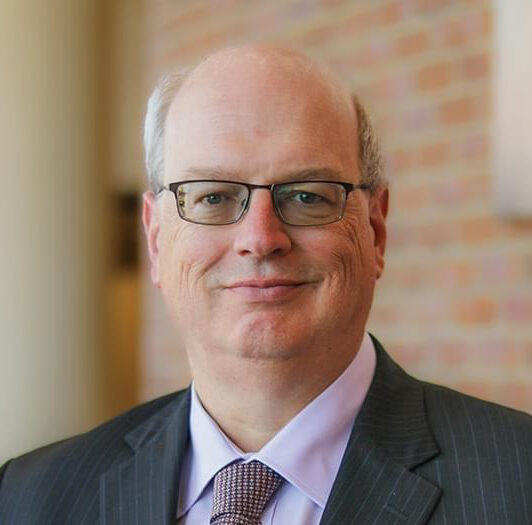
RONALD KROTOSZYNSKI
Ronald Krotoszynski earned his B.A. and M.A. from Emory University and J.D. and LL.M. from Duke University, where he was articles editor for the Duke Law Journal and selected for Order of the Coif. He clerked for the Honorable Frank M. Johnson, Jr, of the United States Court of Appeals for the Eleventh Circuit and was an associate with Covington & Burling, D.C. Prior to joining the faculty at the University of Alabama School of Law, where he currently serves as the John S. Stone Chair and Director of the Program on Constitutional Studies & Initiative for Civic Engagement.
Professor Krotoszynski served on the law faculty at Washington and Lee University and, prior to that, on the law faculty of the Indiana University School of Law-Indianapolis.
Professor Krotoszynski’s research focuses on constitutional law, First Amendment law, and administrative law. He frequently writes and lectures on topics related to freedom of expression and how law and culture inform speech and law. Krotoszynski is the author of several books and dozens of law review articles (which have appeared in leading law reviews, including the Yale Law Journal, the Duke Law Journal, the Michigan Law Review, and the UCLA Law Review). His most recent book is Free Speech as Civic Structure: A Comparative Analysis of How Courts and Culture Shape the Freedom of Speech (Oxford University Press 2024). He is also the co-author of First Amendment: Cases and Theory (Aspen Publishers, 4th ed. 2022) (with Lyrissa Lidsky, Caroline Mala Corbin, and Timothy Zick).
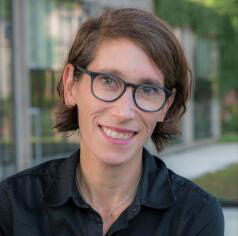
GENEVIEVE LAKIER
Genevieve Lakier, Professor of Law, Herbert and Marjorie Fried Teaching Scholar, teaches and writes about freedom of speech and American constitutional law. Her work examines the changing meaning of freedom of speech in the United States, the role that legislatures play in safeguarding free speech values, and the fight over freedom of speech on social media platforms.
Genevieve has an AB from Princeton University, a JD from New York University School of Law, and an MA and PhD in anthropology from the University of Chicago. Between 2006 and 2008, she was an Academy Scholar at the Weatherhead Center for International and Area Studies at Harvard University. After law school, she clerked for Judge Leonard B. Sand of the Southern District of New York and Judge Martha C. Daughtrey of the Sixth Circuit Court of Appeals. Before joining the faculty, Genevieve taught at the Law School as a Bigelow Fellow and Lecturer in Law.
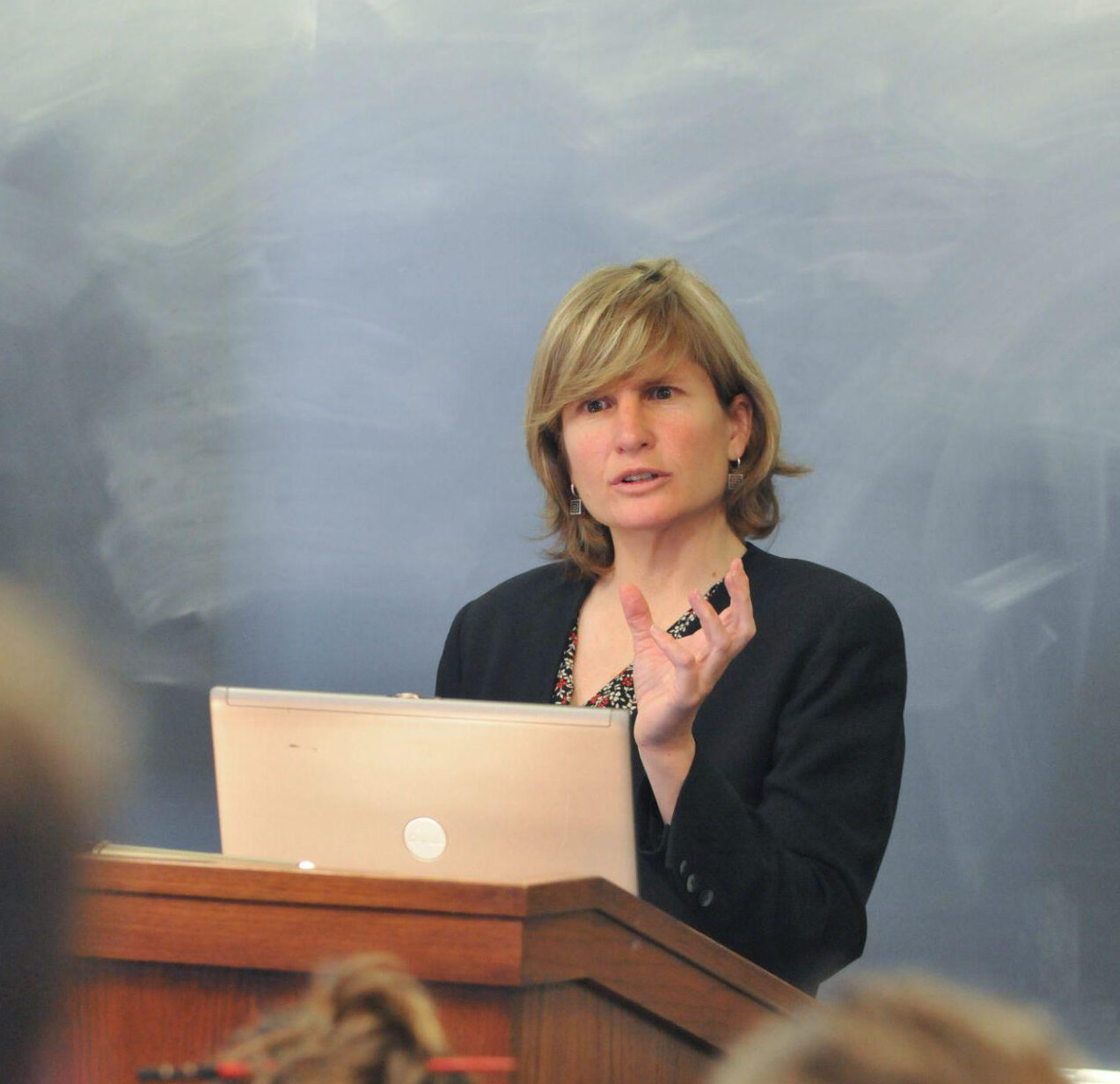
HELEN NORTON
Helen Norton is a University Distinguished Professor and Rothgerber Chair in Constitutional Law at the University of Colorado School of Law. Her scholarly and teaching interests include constitutional and civil rights law. Before entering academia, Professor Norton served as Deputy Assistant Attorney General for Civil Rights at the U.S. Department of Justice, on President-elect Barack Obama’s transition team, and as Director of Legal and Public Policy at the National Partnership for Women & Families.
She currently also serves as Deputy Solicitor General on Constitutional and Civil Rights for Colorado’s Attorney General. She has been honored with the Excellence in Teaching Award on multiple occasions and appointed as a University of Colorado Presidential Teaching Scholar. Her work has been published by Cambridge University Press, Duke Law Journal, Northwestern University Law Review, Stanford Law Review Online, and the Supreme Court Review, among others.
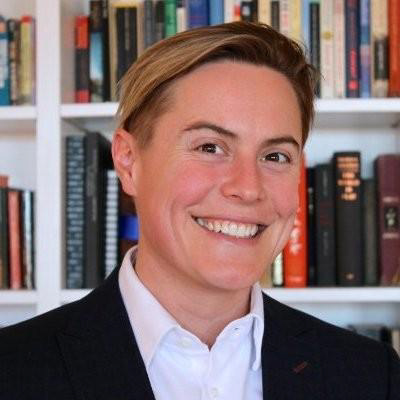
AMANDA SHANOR
Amanda Shanor is an Assistant Professor at the Wharton School of the University of Pennsylvania who teaches and writes about constitutional law, particularly the freedom of speech. Shanor’s research explores the changing meaning of the First Amendment and the forces that affect it; democratic theory, illiberalism, and equality, and the intersection of constitutional law and economic life.
Prior to joining the academy, Shanor was a practicing lawyer in the National Legal Department of the American Civil Liberties Union who worked on the organization’s Supreme Court litigation and national strategy, including Masterpiece Cakeshop. Shanor previously litigated constitutional and national security cases, including Humanitarian Law Project v. Holder.
Shanor’s scholarship has been published or is forthcoming in the Columbia Law Review, the New York University Law Review, the Northwestern University Law Review, the UCLA Law Review, the Emory Law Review, the Wisconsin Law Review, the Harvard Law Review Forum, and the Yale Law Journal Forum, among others. Shanor is a regular contributor to legal blogs, including SCOTUSBlog. Shanor teaches first-year constitutional law at Penn Law. While an academic, Shanor has continued to litigate, file amicus briefs, and advise and moot advocates on speech, equality, and other constitutional issues.
Shanor is a graduate of Yale Law School and Yale College and holds a PhD in law from Yale University. Shanor served as a law clerk to Judges Cornelia T.L. Pillard and Judith W. Rogers on the D.C. Circuit, and Judge Robert W. Sweet in the Southern District of New York.
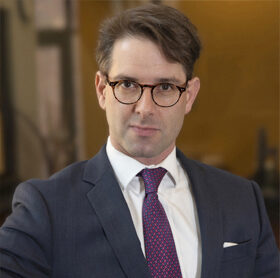
JAMES Y. STERN
James Y. Stern is professor of law at William & Mary Law School and Director of the William & Mary Property Rights Project, as well as a fellow with the Center for the Study of Law & Markets. His scholarship centers on property and private law theory and on intellectual property, privacy, and related issues, as well as legal history.
He is the author of numerous articles and essays in legal journals including the California Law Review, the Harvard Law Review, and the Michigan Law Review. He also serves as Reporter of Decisions for the Court of Appeals of Virginia.
Professor Stern received his undergraduate degree from Harvard and his J.D. from the University of Virginia, and he clerked for Judge J. Harvie Wilkinson on the U.S. Court of Appeals for the Fourth Circuit and for Justice Anthony Kennedy on the U.S. Supreme Court. He later served as Deputy General Counsel at the United States Department of the Treasury, where he received the Department’s Distinguished Service Award for his work in connection with the COVID-19 response.
Professor Stern is a recipient of the Thomas Edison Innovation Fellowship from the Center for the Protection of Intellectual Property, as well as the Phi Beta Kappa Society’s Rockefeller Award for the Advancement of Scholarship and the Plumeri Award for Faculty Excellence at William & Mary. He is a senior scholar at the Center for Intellectual Property and Innovation Policy and a member of the American Law Institute.
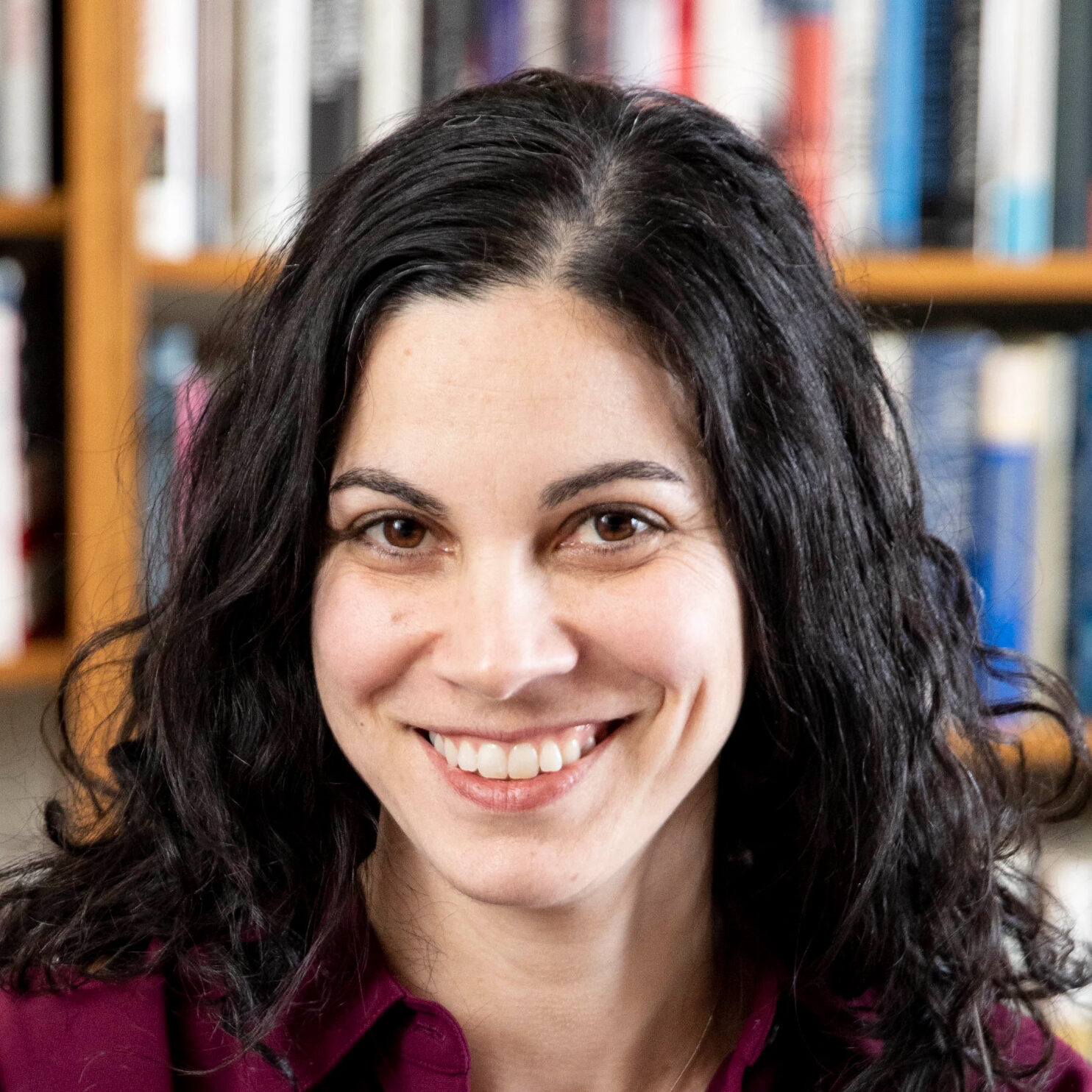
LAURA WEINRIB
Laura Weinrib is the Fred N. Fishman Professor of Constitutional Law at Harvard Law School and Suzanne Young Murray Professor at the Radcliffe Institute for Advanced Study. A legal historian, she studies how social movements have transformed constitutional categories to pursue political and economic change.
She is the author of The Taming of Free Speech: America’s Civil Liberties Compromise (Harvard University Press, 2016), which traces the emergence during the first half of the twentieth century of a constitutional and court-centered concept of civil liberties as a defining feature of American democracy. Her articles, essays, and book chapters have explored a wide range of subjects in American legal history, as well as constitutional law, labor law, and law and literature. She is currently writing a history of unions, corporations, and money in politics in postwar America.
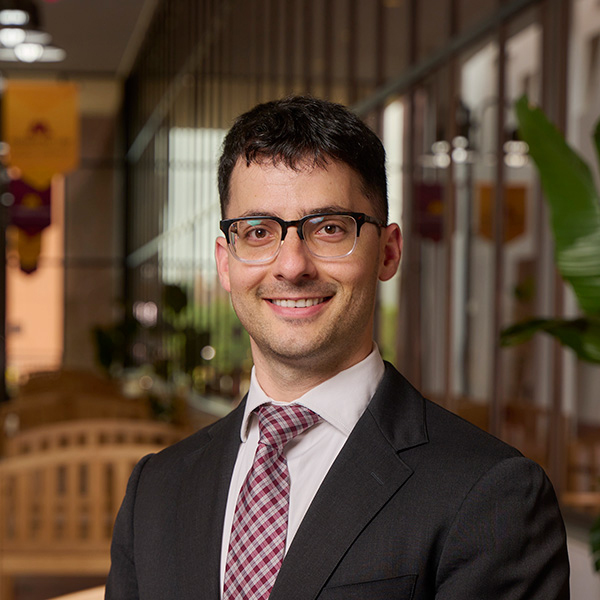
ILAN WURMAN
Ilan Wurman is an associate professor of law at the University of Minnesota, where he teaches administrative law and constitutional law. He previously taught at Arizona State University. He writes primarily on the Fourteenth Amendment, administrative law, separation of powers, and constitutionalism.
His academic writing has appeared in the Yale Law Journal, the Stanford Law Review, the University of Chicago Law Review, the University of Pennsylvania Law Review, the Virginia Law Review, the Duke Law Journal, the Minnesota Law Review, the Notre Dame Law Review, and the Texas Law Review among other journals.
Professor Wurman is the author of a casebook, Administrative Law Theory and Fundamentals: An Integrated Approach (Foundation Press 2d ed. 2024). He is also the author of A Debt Against the Living: An Introduction to Originalism (Cambridge 2017), and The Second Founding: An Introduction to the Fourteenth Amendment (Cambridge 2020). His next book, The Constitution of 1789: An Introduction, is also forthcoming with Cambridge University Press.
Professor Wurman practices law with the firm Tully Bailey in Arizona. He has litigated a variety of administrative law and constitutional law cases, including cases involving COVID-19 restrictions, transmission lines, and Appointments Clause challenges. He also devised winning public nuisance theories to force city governments to address the increasingly challenging public camping crises throughout the country.
Fellows
SEAN BEIENBURG
Sean Beienburg teaches American constitutionalism in the School of Civic and Economic Thought and Leadership at Arizona State University. He is the author of Progressive States’ Rights: The Forgotten History of Federalism (Kansas, 2024) and Prohibition, the Constitution, and States’ Rights (Chicago, 2019), and directs the Arizona Constitution Project as part of his department’s Center for American Civics.
His teaching and research interests include the U.S. Constitution and constitutional law, federalism and state constitutionalism/politics, Arizona constitutionalism, American political thought and development, executive power (both presidential and gubernatorial), 19th and early 20th century political and constitutional history, and Prohibition. He completed his doctorate at Princeton University.
LAUREN BELLA
Lauren Bella is a commercial real estate attorney at Fennemore Craig and a recent graduate of Arizona State University College of Law. Driven by her interest in constitutional law, especially its relevance to contemporary issues, Lauren shaped her academic path around this area of study. She spent three semesters as a Research Assistant to Professor James Weinstein, assisting with his scholarly work on the First Amendment. Lauren also served as his Teaching Assistant for a First Amendment course he taught at Yale University.
KATHLEEN E. BRODY
Kathleen E. Brody, a former Legal Director of the ACLU of Arizona, handles all types of criminal, regulatory, and administrative matters. Her practice focuses on assisting individuals, corporations, and other entities with special projects and complex matters where criminal law issues intersect with constitutional rights, civil liability, politics, and public relations. Kathy is known for her attention to detail, top-quality work product, and ability to synthesize and simplify complicated matters to find solutions for her clients.
Kathy represents and advises clients in connection with all types of interactions with the government, including defending clients in active criminal and other enforcement proceedings, responding to subpoenas and other requests for information, representing clients in government interviews, and assisting clients with making reports to government agencies. Kathy also has considerable experience in complex compliance matters, including those involving deferred prosecution agreements and corporate monitors.
RONALD COLLINS
Ronald Collins is a retired law professor who last taught at the University of Washington Law School where he was the Harold S. Shefelman Scholar. After graduating from law school, Collins served as a law clerk to Oregon Supreme Court Justice Hans A. Linde and thereafter as a Supreme Court fellow under Chief Justice Warren Burger. Before teaching law for some three decades, he worked for the Legal Aid Foundation of Los Angeles and the Legal Aid Society of Orange County.
Collins is the author or coauthor of thirteen books and numerous scholarly articles that have appeared in journals such as the Harvard and Stanford Law Reviews and the Supreme Court Review. He is on the editorial board of SCOTUSblog and serves as editor of the weekly blog First Amendment News as well as the editor of the online journal Attention. He is also co-chair of the History Book Festival and the First Amendment Salons and was selected to be the first Distinguished Lecturer of the Lewes Public Library in Delaware.
EVELYN DOUEK
Evelyn Douek is an Assistant Professor of Law at Stanford Law School. Before joining Stanford, she was a senior research fellow at the Knight First Amendment Institute at Columbia University, where she completed a doctorate at Harvard Law School. Prior to attending HLS, Evelyn was an Associate (clerk) to the Honourable Chief Justice Susan Kiefel of the High Court of Australia.
Evelyn’s research has appeared or is forthcoming in the Harvard Law Review, California Law Review, Columbia Law Review, the University of Chicago Law Review Online, Lawfare, The Atlantic, WIRED, Slate, and a number of other publications. Being human, Evelyn naturally has a couple of podcasts, most recently as host of Moderated Content, a podcast content from Stanford Law School about content moderation.
ERIC B. EASTON
Eric B. Easton is a Professor of Law Emeritus at the University of Baltimore School of Law, where he specialized in Media Law and Legal Writing for more than 25 years. He is the author of The Life and Crimes of Jared Flagg; New York Times v. Sullivan: Documentary Supplement; Defending the Masses: A Progressive Lawyer’s Battles for Free Speech; and Mobilizing the Press: Defending the First Amendment in the Supreme Court. He is also co-author of The Law of Advertising, a multi-volume treatise, and was the founding editor of the peer-reviewed Journal of Media Law & Ethics.
Before joining the UB faculty, Professor Easton taught Media Law and other subjects at Loyola University-Maryland. He has also taught Comparative Media Law at the University of Aberdeen, Scotland; Shandong University, China; and the University of the Netherlands Antilles. He was a visiting scholar at the Journalism Institute of the Chinese Academy of Social Sciences, Beijing, and a Fulbright Specialist at the University of Pristina, Kosovo.
Professor Easton holds a Ph.D. from the Philip Merrill College of Journalism, University of Maryland; a J.D. from the Francis King Carey School of Law, University of Maryland; and a B.S. from the Medill School of Journalism, Northwestern University. He was a professional journalist for more than 20 years before joining the academy. His work in progress includes Lawyers of the Old Left, professional profiles of Morris Hillquit, Seymour Stedman, and Charles Recht, and The Trials and Tribulations of Dudley Field Malone, a biography.
SARAH GELLER
Sarah Geller is a current J.D. candidate at Columbia Law School where she is the Executive Editor for the Columbia Journal of Gender and Law. Sarah has also served as a teaching assistant for Constitutional Law and Criminal Law and a research assistant for Professor James Liebman. During her time in law school, Sarah was also a Media Fellow for the International Senior Lawyers Project and a Legal Extern for the Knight First Amendment Institute. Upon graduation she will work in the Litigation Department at Paul, Weiss, Rifkind, Wharton & Garrison LLP in New York, after which she will serve as a law clerk to the Honorable Gerard E. Lynch in the Second Circuit.
HONORABLE MICHAEL DALY HAWKINS
Judge Michael Daly Hawkins is the Senior Judge, U.S. Court of Appeals (9th Cir.), a graduate of Arizona State University (BA, JD) and the University of Virginia (LLM). He also serves as Editor-in-Chief of Western Legal History, a publication of the Ninth Judicial Circuit Historical Society (NJCHS), a recent issue of which was devoted to the competing claims & history of water in the West. He served as Captain in the U.S. Marine Corps, served as a Pro Tem judge on the Arizona Court of Appeals, and later as the United States Attorney for Arizona.
CARLTON LARSON
Carlton Larson is a scholar of American constitutional law and Anglo-American legal history. His scholarship addresses a wide range of issues, including enemy combatant detentions, legacy preferences in public universities, the historical basis of Second Amendment rights, and parents’ rights to name their children.
Professor Larson is one of the nation’s leading authorities on the law of treason and is the author of the books On Treason: A Citizen’s Guide to the Law (Ecco/HarperCollins) and The Trials of Allegiance: Treason, Juries, and the American Revolution (Oxford University Press).
Professor Larson’s scholarship has been cited by numerous federal and state courts and has been profiled in The New York Times, The Economist, TIME, and many other publications. He is a frequent commentator for the national media on constitutional law issues.
Professor Larson is a graduate of Harvard University and Yale Law School, where he was an Articles Editor of The Yale Law Journal and Executive Editor of The Yale Journal of Law & the Humanities. Prior to joining the UC Davis law faculty, Professor Larson served as a law clerk to Judge Michael Daly Hawkins of the United States Court of Appeals for the Ninth Circuit and spent three years as a commercial litigator at Covington & Burling in Washington, DC.
SYLVAN LEBRUN
Sylvan Lebrun is a reporter currently covering emerging news and education for the Chicago Tribune. Previously, she has also worked in the newsrooms of The Wall Street Journal’s Tokyo bureau and The Blade in Toledo, Ohio. Sylvan is a recent graduate of Yale University, where she studied comparative literature. Sylvan served as managing editor of the Yale Daily News and reported on New Haven city government and housing policy. She grew up in Tokyo, Japan.
DANNY LI
Danny Li is a current judicial law clerk at the United States District Court for the Southern District of New York. After graduating from Yale Law School in 2022, he worked as a litigation associate at Jenner & Block LLP (Washington, DC) and completed a clerkship with the Hon. Alison J. Nathan on the United States Court of Appeals for the Second Circuit. His writings have appeared or are forthcoming in The Yale Law Journal, the Michigan Law Review, and the William & Mary Bill of Rights Journal.
HONORABLE MICHAEL T. LIBURDI
Judge Michael T. Liburdi is a United States District Judge for the District of Arizona located in Phoenix. His judicial service began in August 2019.
Immediately prior to his judicial appointment, Judge Liburdi was a shareholder at the international law firm of Greenberg Traurig, LLP. He was also a partner at the Phoenix office of Snell & Wilmer L.L.P. Judge Liburdi entered private practice with the law firm of Brown & Bain P.A., which became the Phoenix office of Perkins Coie LLP. Judge Liburdi’s private sector law practice included complex commercial litigation, antitrust, constitutional law, and political and election law.
From 2015-2018, Judge Liburdi served as General Counsel to Arizona Governor Douglas A. Ducey. He provided legal advice to the Governor, advised on and vetted appointments to the state judicial branch, directed litigation involving the state agencies, and worked with members of the Arizona Legislature and Arizona’s Congressional delegation on legal policy issues.
Judge Liburdi began his legal career as a law clerk to the Honorable Ruth V. McGregor on the Arizona Supreme Court.
Judge Liburdi has served as an adjunct professor of law at the Sandra Day O’Connor College of Law at Arizona State University.
Judge Liburdi earned his Juris Doctorate magna cum laude from the Sandra Day O’Connor College of Law and a Bachelor of Science degree summa cum laude from Arizona State University.
LUKE SMITH MORGAN
Luke Smith Morgan’s research focuses on doctrinal development and the relationship between the legal process and democratic political economy. His scholarship —examining these topics primarily within the context of the Free Speech Clause, the Press Clause, and the Second Amendment — has been published in the Duke Law Journal, Hastings Constitutional Law Quarterly, William and Mary Bill of Rights Journal, and the Penn State Law Review. He currently works for a nonprofit, focusing on developing impactful legal strategies to encourage corporate environmental and social responsibility, protect shareholders’ rights, and promote a sensible regulatory environment.
DANIEL POSNER
Daniel Posner graduated from Yale in May where he majored in history. This past year he wrote his senior thesis about the history of free expression on campus in the 60s and 70s. While writing his thesis in his final semester, Daniel was fortunate to take a class on free speech in American society with a focus on college campuses with Professor Weinstein, which deepened his interest in American free speech doctrine.
In college, he led a fellowship called the Peace and Dialogue Leadership Initiative, a joint program between Yale and West Point that travels to the Middle East to explore various aspects of regional politics, security, economic development, and peace-building.
Since graduating, he worked on the advance team for the Harris Campaign and recently began working as a staff assistant in the Office of White House Counsel. In addition, Daniel has interned at Ariel Investments in Chicago, where he worked for the firm’s ESG team. He has also interned for the Partnership for Public Service, an organization that works to encourage government service and helps to strengthen government institutions. And in 2018 and again in 2020, Daniel worked in Dallas as a field organizer for the campaigns of Congressman Colin Allred.
Daniel graduated summa cum laude, as a member of Phi Beta Kappa.
DARLENY ROSA
Darleny Rosa is a current J.D. candidate at Columbia Law School where she serves as an Articles Editor on the Columbia Law Review. Darleny also served as a teaching assistant for Constitutional Law and for Torts. She is currently a research assistant to Professor Thomas P. Schmidt. Prior to law school, Darleny worked at a boutique litigation firm for three years. After graduation, Darleny will be clerking on the First Circuit.
SAM RUDOVSKY
Sam Rudovsky, a 2024 graduate of Penn Law, is currently clerking for Judge Gerald McHugh in the Eastern District of Pennsylvania. During his 2L summer, he worked with the Brennan Center’s Liberty and National Security Group. Sam has written on platform transparency, free speech on campus, hate speech, Section 702, as well as the NetChoice cases and Murthy v. Missouri. He is most interested in First Amendment work but also has a strong interest in civil rights litigation and economic justice.
AUSTIN YOST
Austin Yost is an attorney at Coppersmith Brockelman PLC in Phoenix, Arizona. He focuses his practice on political law, public law, and commercial litigation. He represents clients in trial and appellate courts in a wide range of matters involving, among other things, election-related litigation, state and federal constitutional issues, real estate transactions, and various business disputes. Austin also maintains an active pro bono practice centered on civil rights and criminal justice issues.
Before joining Coppersmith Brockelman, Austin practiced for several years at Perkins Coie LLP. Prior to that, he served as a law clerk to the Honorable Vice Chief Justice John Pelander of the Arizona Supreme Court. Austin graduated summa cum laude from ASU’s Sandra Day O’Connor College of Law in 2017 and received the John S. Armstrong Award as the outstanding graduate in his class.
Moderators
ASHUTOSH BHAGWAT
Ashutosh Bhagwat is a Distinguished Professor of Law and the Boochever and Bird Endowed Chair for the Study and Teaching of Freedom and Equality at the School of Law, University of California, Davis, where he teaches Administrative Law, Constitutional Law, and Economic Regulation. Prior to joining the Davis faculty in 2011, Professor Bhagwat was a member of the faculty at UC Law San Francisco (formerly UC Hastings) for seventeen years. Professor Bhagwat holds a B.A., summa cum laude with Honors in History, from Yale College and a J.D. with Honors from The University of Chicago Law School, where he served as Articles Editor of the University of Chicago Law Review. He clerked for Judge Richard Posner of the Seventh Circuit and Justice Anthony Kennedy of the United States Supreme Court. Professor Bhagwat is the author of Our Democratic First Amendment, published by the Cambridge University Press in 2020, as well as numerous books and articles on a wide variety of legal subjects, with a particular focus on the First Amendment. Professor Bhagwat is a member of the American Law Institute.
HONORABLE CLINT BOLICK
Justice Clint Bolick was appointed to the Arizona Supreme Court in 2016 and, in 2018 was retained by the voters for a six-year term. Prior to joining the Court, Justice Bolick litigated constitutional cases in state and federal courts from coast to coast, including the U.S. Supreme Court. Among other positions, he served as Vice President for Litigation at the Goldwater Institute and as Co-founder and Vice President for Litigation at the Institute for Justice. He has litigated in support of school choice, private property rights, freedom of speech, and federalism, and against racial classifications and government subsidies. Justice Bolick received his J.D. from the University of California at Davis and his Bachelor of Arts degree from Drew University. Justice Bolick has written a dozen books and hundreds of articles. Among his most recent books are Immigration Wars: Forging an American Solution, co-authored with former Florida Governor Jeb Bush; and David’s Hammer: The Case for an Activist Judiciary. Justice Bolick teaches constitutional law at ASU as an adjunct professor every fall.
PAUL F. ECKSTEIN
Paul F. Eckstein is a partner in the Phoenix office of Perkins Coie LLP, a national law firm with over 1,200 lawyers. A graduate of Pomona College (1962) and Harvard Law School (1965), Mr. Eckstein has practiced law at Perkins Coie LLP and its predecessors since his admission to the Arizona Bar in 1965. For his first three years in practice, Mr. Eckstein emphasized transactional and tax work. For the last 56 plus years, Mr. Eckstein’s practice has focused on civil litigation matters at both the trial and appellate level, with special emphasis on First Amendment, federal and state constitutional, election (including numerous cases involving initiatives and referenda), antitrust, intellectual property and commercial law issues. Mr. Eckstein is a Fellow of the American College of Trial Lawyers. In 1988, Mr. Eckstein served as co-prosecutor in the impeachment trial of Gov. Evan Mecham. Mr. Eckstein was an adjunct professor and taught constitutional law at the Sandra Day O’Connor College of Law at Arizona State University from 2016-2020 and in 2022.
JAMES WEINSTEIN
James Weinstein is the Dan Cracchiolo Chair in Constitutional Law in the Sandra Day O’Connor College of Law, Arizona State University.
Professor Weinstein’s academic interests are constitutional law, especially free speech, as well as jurisprudence and legal history. He is co-editor of Extreme Speech and Democracy (Oxford University Press 2009, paperback edition 2010) and the author of Hate Speech, Pornography and the Radical Attack on Free Speech Doctrine (Westview Press 1999). He has written numerous articles in law review symposia on a variety of free speech topics, including free speech theory, obscenity doctrine, institutional review boards, commercial speech, database protection, campaign finance laws, the relationship between free speech and other constitutional rights, hate crimes, campus speech, regulation of disinformation, and online harassment. Professor Weinstein has litigated several significant free speech cases, primarily on behalf of Arizona Civil Liberties Union.
Symposium Organizing Committee
ASHUTOSH BHAGWAT
Distinguished Professor of Law
Boochever and Bird Endowed Chair for the Study and
Teaching of Freedom and Equality
Davis School of Law, University of California
VINCENT BLASI
Corliss Lamont, Professor Emeritus of Civil Liberties
Columbia Law School
THOMAS HEALY
Board of Visitors Distinguished Professor of Law
Seton Hall University School of Law
JAMES WEINSTEIN
Dan Cracchiolo, Chair in Constitutional Law
Professor of Law, Sandra Day O’Connor College of Law
Arizona State University